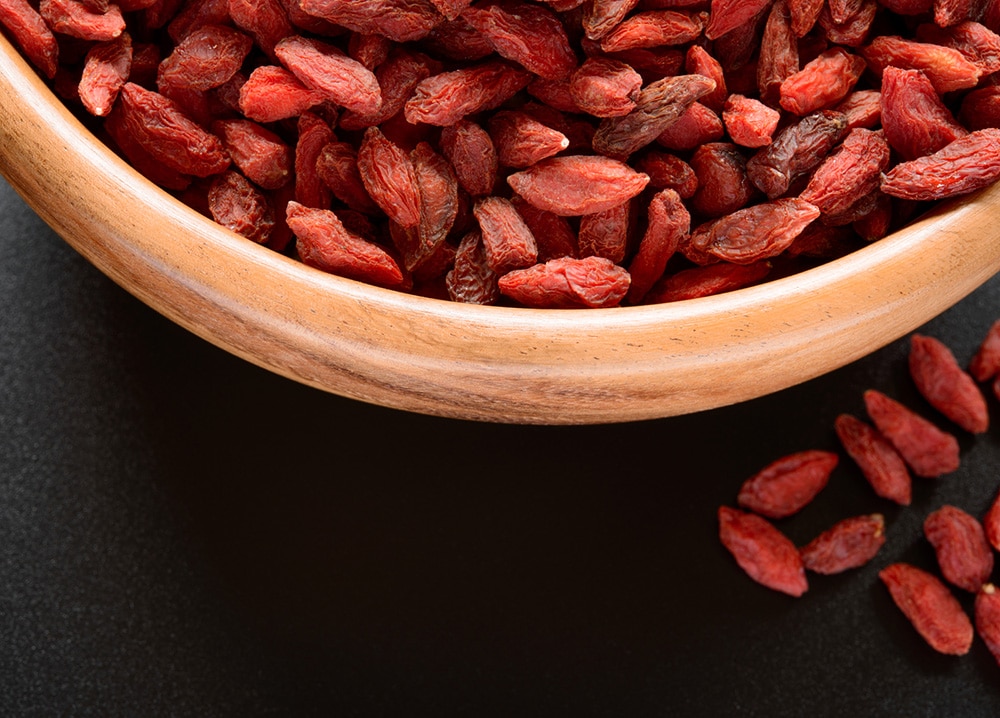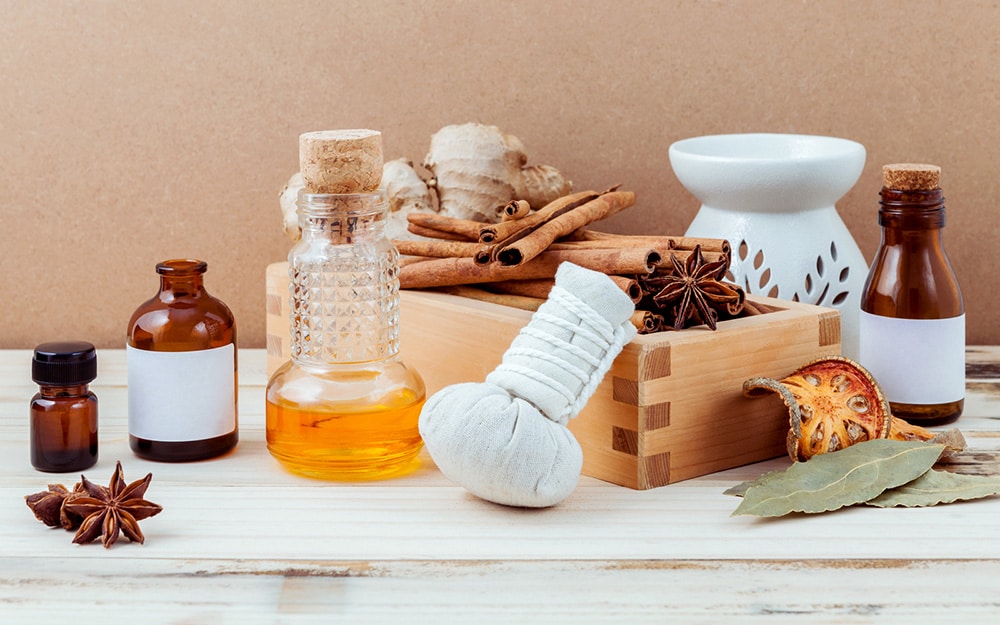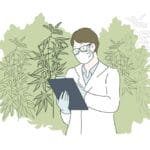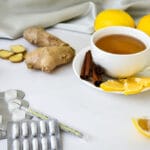Herbology is the name given to the Chinese method of combining medicinal herbs. In this technique, which is one of the most widely used in Traditional Chinese Medicine (TCM), every herbal medicine is actually a cocktail of several herbs that are customized to individual patients. The doctor will assess the yin/yang condition of a patient in addition to studying the symptoms of the ailment.

The preparation of the medicine begins with the use of or two main herbs that target the ailment. The other herbs are added in order to adjust the yin/yang condition. Other ingredients can be added to cancel out toxicity or side effects resulting from the main herbs.
This sort of herbal mixing to arrive at a formula that is suitable to individual needs is not easy. A lot of experience and tutelage is required before a practicing of traditional Chinese medicine can perform the mixing independently.
An important difference between traditional Chinese medicine and modern drugs is that the balance and chemical interaction of the ingredients a formula is considered more important than the individual ingredients.
Another quirk in Chinese herbology is that while it may be called herbology it will use all parts of a plant including: leaf, stem, flower, root. In fact, some remedies will also use ingredients derived from animals and minerals. This has caused quite a bit of controversy because sometimes traditional Chinese medicine can call for ingredient from animals that are declared as endangered species (seahorses, rhinoceros, tigers, etc.).
Shennong is usually considered to be the first Chinese herbalist. It is said that Shennong tasted hundreds of herbs and experimented with them before passing on his knowledge of medicinal and poisonous plants to the farmers of China. He also wrote the first Chinese manual on pharmacology: the Shennong Bencao Jing. This manual lists approximately 365 medicines out of which 252 are herbal. The manual is dated around the 1st century Han dynasty.
One of the most important of such documents that were written by several master practitioners of Chinese herbology is the Bencao Gangmu. It was put together by Li Shizhen during the Ming dynasty. The contents of Bencao Gangmu are so potent that even today they are used for consultation and reference.
Classification of Chinese herbs is in itself a very intricate process. Very broadly speaking, Chinese herbs are classified using methods such as those described below.
The Four Natures
The four natures are basically the yin and yang states and how effective a herbal medication is in bringing them into balance. Yin and yang degrees can range from cold (extreme yin), cool, neutral (warm), or hot (extreme yang). Before selecting herbs the doctor will make a careful study of the yin/yang balance in a patient. So if the patient has “internal cold” then an herb that has a “hot” yang value will be used and so on.
The Five Tastes
Some herbs are identified by their taste. While the taste in itself has no medicinal value in the absence of a better yardstick Chinese medicine associates the taste associated with an herb to the final effect. These five tastes are pungent, sweet, sour, bitter, and salty. Each taste has its own function. Pungent herbs are used to increase sweating, vitalizing blood and Qi. Sweet herbs are used to tone and harmonize body systems. Other sweet herbs help in curing excessive dampness by way of diuresis. Sour taste is meant to be astringent. Bitter tasting herbs help the body get rid of excess heat, empty the bowels, and reduce dampness by causing dryness. Salty herbs can help to soften up hard masses.
The Meridians
Meridians do not have anything to do with the Earth’s meridians or magnetism. What they refer to is the precise organ that the chemicals in a herb target. So menthol which is pungent and cool is associated with lungs and liver. This means that since lungs are the organs that protect the body from cold and influenza the use of menthol can help to get rid of coldness in the lungs and also resist heat toxins.

Alternative Natural Herbal Cures
Herbs today are being increasing used to treat all kinds of disorders. From mild cases like common cold to serious diseases like cancer, there is an ever growing need for genuine and well tested information regarding herbal cures.
The information, in a rudimentary way, has already been gathered for us a long time ago. While most of this knowledge precedes modern scientific thinking, the integration of the two needs careful execution.
Long past civilizations in places like the Indus valley (in the Indian subcontinent) have left us with many concepts like holistic approach, righteous living, yoga, meditation, etc. As far as medicine goes, from the same location appeared Ayurveda that defined proper diagnosis and herbal cures for several diseases.
Thanks to the Internet and the world wide web there is practically no limit to the number of websites that are busy claiming that they have managed to master age old secrets or discovered some long lost magic cure to end all human suffering. There are also some saner websites that are more lucid and honest about their claims. However, there are no proper medical outlets for these cures. They are all businesses with the only objective of making profits. This makes it very difficult for the average person to know whom they can trust when considering herbal remedies.
Sadly, due to the misguided media propagation of herbal medicines there is a gold rush of sorts that involves people who wish to capitalize on the growing popularity of herbal medicines and supplements with no regard as to its scientific or personal implications.
This immoral approach has in turn brought a lot of negative publicity for herbal treatment as the voice of genuine scientists is drowned in the fraudulent claims of businesses. Hydrotherapy was a good idea but how can anyone take it seriously when it is so closely associated with sale of “colored water”?
If you have been brought to cultivate a negative image of herbal medicine then try to remember a simple thing. Medical science is several thousand years old and while there have been several blunders in that time, herbal medication has been helping people through countless generations. There are genuine herbal cures out there. Do not give in to the advertised products but speak to your doctor.


